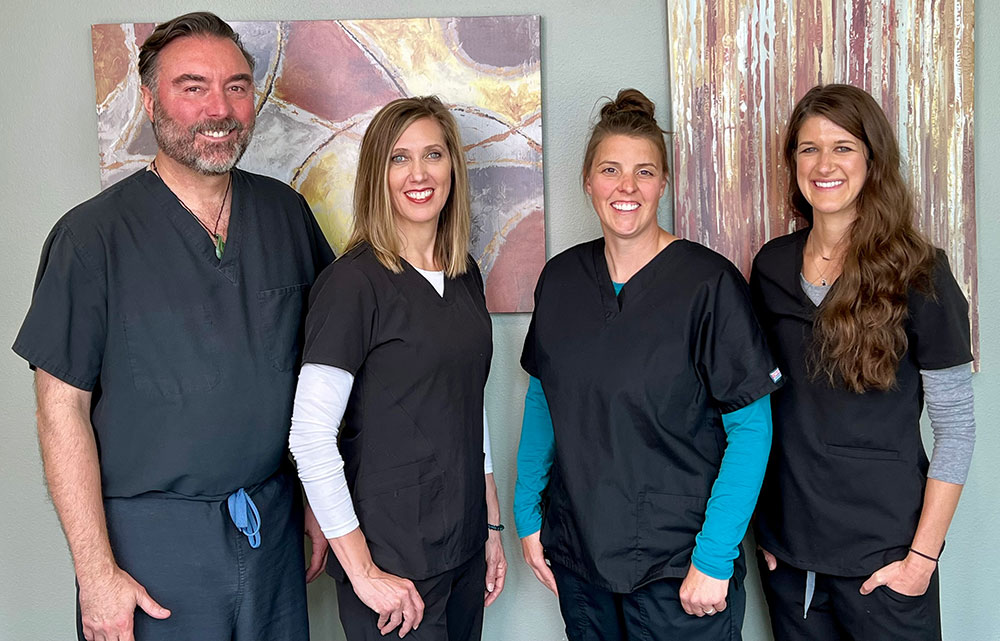SERVICES

Ultrasonography
In the modern era, a thorough ultrasound examination is the cornerstone in the diagnosis of venous disease, allowing the accurate determination of appropriate treatment. We perform this service in our office, rather than in a hospital or imaging center, as doing so allows us to best understand your situation and offer treatment recommendations at the time of your initial consultation, instead of requiring a subsequent visit to review outside ultrasound results. Ultrasonography is typically covered by most insurance plans.

Radiofrequency Ablation
Taking the place of the decades-old practice of vein stripping, radiofrequency ablation involves treating abnormal veins with a catheter, rather than surgical removal. This technique is both more effective and safer than older vein treatments. Radiofrequency ablation is easily and comfortably performed under local anesthesia in our clinic, eliminating the need for a hospital visit or more intensive anesthesia. Recovery is usually prompt, with no need for prescription pain medications, and physical limitations following the procedure are minimal. Radiofrequency ablation is usually covered by most insurance plans.

Microphlebectomy
Used for treatment of branch varicose veins, which cannot be treated with radiofrequency ablation, microphlebectomy is the surgical removal of enlarged veins using very small incisions, usually no greater than 1/4 inch in length. Like radiofrequency ablation, microphlebectomy can be safely and comfortably performed under local anesthesia in our office, and recovery is typically prompt and uneventful. Microphlebectomy is typically covered by most insurance plans.

Sclerotherapy
Sclerotherapy involves injecting a chemical into abnormal veins which causes those veins to close. It is used for vessels which are not amenable to other treatments. For some varicose veins, typically larger ones, foam sclerotherapy is performed, in which the sclerotherapy solution is made into a foam, increasing its effectiveness. For smaller vessels, such as spider veins, liquid sclerotherapy is performed. Sclerotherapy is sometimes covered by insurance plans, depending upon the size of the veins to be treated, and the presence and severity of symptoms.
ABOUT US
Dr. Peters began the first modern vein center in the area back in 2005, and quickly became one of the busiest practitioners in Iowa. He went on to help train other physicians, both within and outside Iowa, in the contemporary management of venous disease. Dr. Peters and his team offer accurate diagnosis as well as safe and effective treatment for patients with venous disease, all with a personal touch, at Corridor Vein Center.







